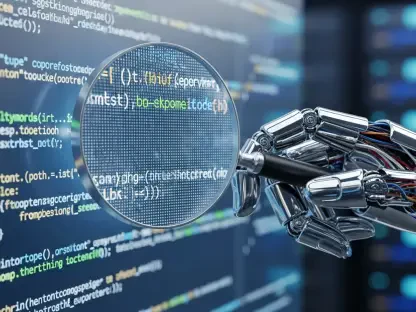Artificial intelligence orchestration platforms are witnessing significant advancements due to the integration of open-source models, as discussed by tech leaders Satya Nadella, Ali Ghodsi, and Mark Zuckerberg. Open-source methodologies are critical in constructing flexible AI systems that are adept at solving complex challenges. Nadella emphasizes the synergy between open source and AI, noting how these methods enable the creation of robust orchestration layers that facilitate mixing and matching AI models. This collaboration between closed and open-source frameworks promotes an environment of rapid innovation and efficiency.
A key advancement highlighted is model distillation, which allows large AI models to be transformed into smaller, more efficient versions without losing core capabilities. This evolution promises expanded accessibility and cost-effective utilization—a sentiment reflected by both Nadella and Zuckerberg, who foresee significant efficiency gains. However, they also stress the importance of addressing security risks associated with integrating global open-source models. Nadella advocates for secure practices to mitigate potential threats.
The role of AI in coding has grown, with AI contributing significantly to software development, exemplified by its impact on Microsoft’s code repositories. Nadella predicts AI will soon account for half of software tasks, urging developers to embrace AI courageously to unlock productivity enhancements. Open source will be crucial as it fosters collaboration and accelerates progress, notably affecting research and model synthesis.
Despite challenges like data transparency and provenance, Ghodsi and Zuckerberg view open-source innovations as key to driving AI advancement. They encourage experimentation and engagement with groundbreaking ideas, positioning open source as transformative in redefining software development and efficiency across industries, marking this era as pivotal in AI exploration.








